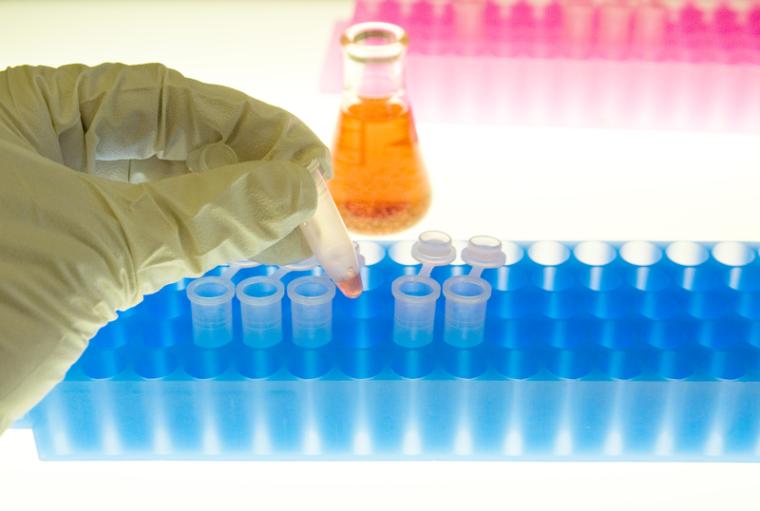
The pharmaceutical industry is bracing for one of its most financially significant patent cliffs in over a decade, with multiple blockbuster drugs set to lose exclusivity by 2030. As biosimilars and generics flood the market, pricing pressures will intensify—particularly in oncology—challenging pharma companies to rethink revenue strategies, pipeline investments, and lifecycle management to safeguard long-term growth, says GlobalData, a leading data and analytics company.
Since around 2010, major blockbusters including Boehringer Ingelheim International’s Flomax, Pfizer’s Lipitor, and Merck’s Cozaar/Hyzaar have all lost market exclusivity.
According to GlobalData’s latest report, “Blockbuster Drugs on Patent Cliffs,” there is set to be a smaller proportion of global drug sales which will have patent protection in 2030, a sharp drop compared to previous years. As patents expire, the number of biosimilars and generics entering the market will increase, and subsequently originator pharma companies are going to be faced with aggressive pricing competition. As a result, the US market is set to lose over $230 billion between 2025 and 2030.
One of the key therapy areas that will be affected is oncology, with major drugs including Merck’s Keytruda and Johnson & Johnson’s Darzalex/Faspro both losing US exclusivity by 2029. Both drugs were among the top selling drugs in 2024, with Keytruda leading by generating over $29 billion. Although both are forecast to remain in the top 10 selling drugs in 2030, their revenue is expected to decline.
While several blockbuster drugs are set to lose market exclusivity, only a few big pharma companies are positioned to grow revenue sustainably through 2030.
George El-Helou, Strategic Intelligence Analyst at GlobalData, comments: “More than half of the top 15 pharma companies are expected to face challenges in managing the impact of the upcoming patent cliff. However, some companies have pipeline drugs forecast to offset part of these losses.”
Bristol Myers Squibb is among the companies expected to be hit hardest by the upcoming patent cliff, with two major blockbuster drugs, Eliquis and Opdivo, losing exclusivity. These drugs accounted for a significant share of the company’s 2024 revenue, and their patent expirations could significantly weaken its overall financial performance.
El-Helou adds: “To effectively navigate a patent cliff, companies must deploy a range of strategies to offset losses and strengthen their long-term position. These may include acquiring early-stage biotechs developing promising therapies and increasing investment in R&D, targeting diseases with high unmet needs. Additionally, life cycle management and patent thickets can be effective tools to extend market exclusivity and defend against generic competition.”
Strategies to manage loss of exclusivity need to be considered early on in development, with effective portfolio management which plays a critical role.
Hannah Hans, Head of Pharma Strategic Intelligence at GlobalData, comments: “It is critical to plan from both a patent and regulatory perspective, while also embedding lifecycle management strategies early on in development. This integrated approach will help optimize long term value.”
The current patent cliff implications on pharma companies include loss of revenue and pricing pressures, however there are several opportunities for companies to focus on innovative therapies and re-defining their portfolio.
Hans concludes: “This opens up a significant opportunity for biotech companies to partner with pharma on next generation therapies, novel delivery platforms and differentiated formulations as companies look to strengthen their pipeline.”

There are no comments
Please login to post comments